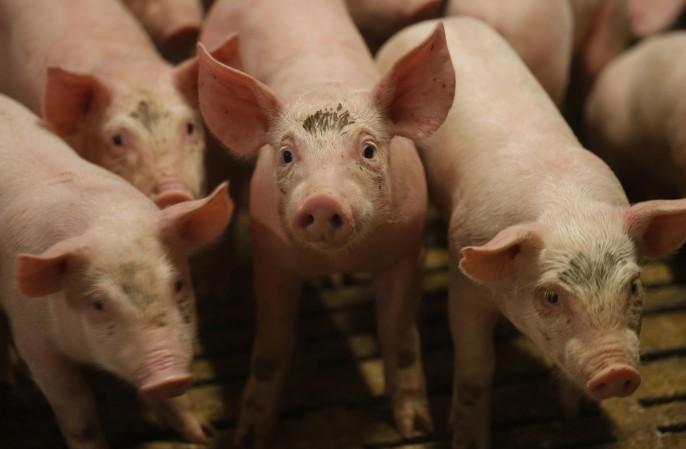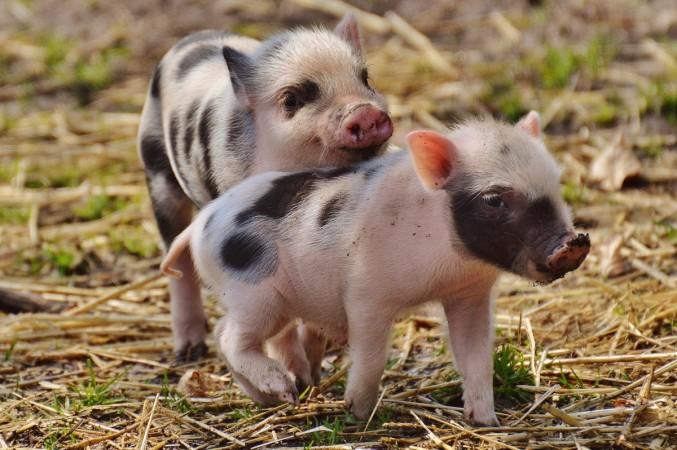Acting on the appeal of People for the Ethical Treatment of Animals (PETA) India, the Himachal Pradesh government has prohibited the manufacture, sale, and use of gestation and farrowing crates for pig farming in the state.
The circular, issued on Tuesday, said that these crates don't allow sows to make reasonable movements, causing sores and predisposing them to disease, and concludes that using them is cruel and illegal.

Specifically, it states that the use of these crates is a violation of Section 11 (1) (e) of the Prevention of Cruelty to Animals Act, 1960, which prohibits keeping any animal in a receptacle that does not offer a reasonable opportunity for movement.
That confining animals in this way is illegal is a position confirmed by the Indian Council of Agricultural Research's National Research Centre on Pig.
Circulars prohibiting the use of gestation and farrowing crates or requiring the enforcement of this law have also been issued by the governments of Goa, Karnataka, Madhya Pradesh, and Rajasthan following PETA India's action.

A similar circular was previously issued by the Punjab government.
Gestation crates (aka "sow stalls") are metal cages essentially the size of a pig, with concrete or slatted floors, that leave the animals unable to turn around or even stand up without difficulty.
They're used to confine pregnant pigs, who are typically transferred to farrowing crates to give birth and are kept in them until their piglets are taken away.
Farrowing crates are fundamentally the same as gestation crates, except that they contain small side compartments for piglets.
"PETA India commends the Himachal Pradesh government for its action, which could spare countless pigs severe confinement in crates," PETA India Advocacy Associate Farhat Ul Ain said on Wednesday.
"PETA India reminds everyone that they can help prevent the suffering of pigs and other animals simply by not eating them, as the use of these crates is just one horrific practice of the meat industry. Pigs are also transported in extremely crowded vehicles to slaughterhouses, where they're killed by being stabbed in the chest, often after first being struck on the head with a hammer."

















